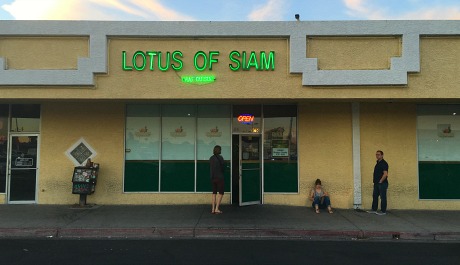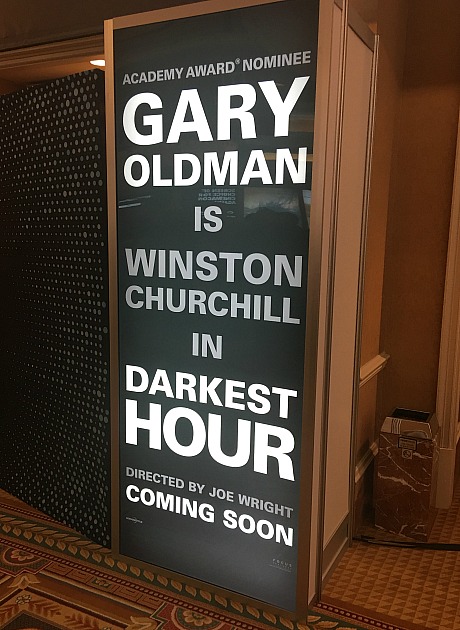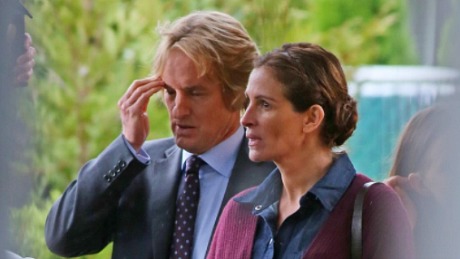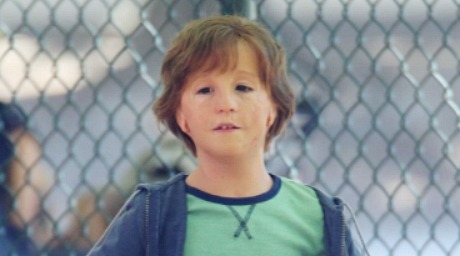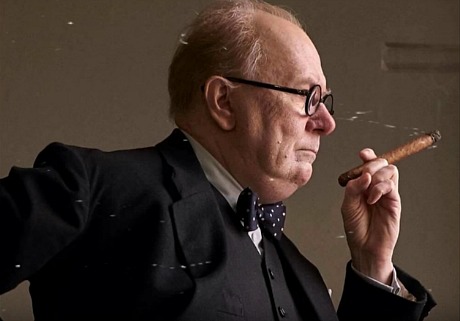Hollywood Elsewhere staggered out of Universal‘s Cinemacon presentation a little more than an hour ago. I’d still be there if I hadn’t decided to avoid watching F. Gary Gray‘s The Fate of the Furious (Universal 4.4.17), which is showing as we speak.
For whatever reason Team Universal decided to avoid even mentioning three releases that comprise their fall ’17 slate — Doug Liman‘s American Made, Tomas Alfredson‘s The Snowman (10.13.17) and Jason Hall‘s Thank You For You Service)l.
They focused instead on promoting five jackhammer, bass-thump, super-coarse, high-velocity movies opening between early April and late July — The Fate of the Furious, The Mummy (6.9), Despicable Me 3 (6.30), Girls Trip (7.21.17) and David Leitch‘s Atomic Blonde (7.28). Because slam-thunk moron movies make more dough that those aimed at 25-and-overs.
I’m not saying this is all exhibitors care about, but…well, this is more or less where they live and what seems to concern them the most. Morons and concessions.
If you didn’t know that Universal, a longstanding studio with a proud tradition, has a modest fall slate and that it’s making only the above-mentioned spring and summer movies [which it isn’t), you’d be under an impression that Universal has all but sold its soul to the devil.
Not just Universal, actually, but to a considerable extent Sony, Disney, STX and Warner Bros. Because they’re all making the same movie these days — the same assaultive, gutslamming, ear-splitting, cartoon-like experience that I’m calling generic superjizz.
And yet, curiously, Paramount is to some extent on another planet, at least as far as three of its 2017 films are concerned — Alexander Payne‘s obviously brilliant Downsizing, George Clooney‘s Coen-esque Suburbicon and Alex Garland‘s spooky Annhilation. And don’t forget Darren Aronofsky‘s Mother, which wasn’t promoted here but will also pop in the fall.
Focus Features, which will stage a Cinemacon luncheon and presentation less than an hour from now, also resides on this planet Atomic Blonde aside, they’ll be releasing four adult-level standouts this year — Sofia Coppola‘s The Beguiled (6.23), Stephen Frears‘ Victoria and Abdul (9.22), Joe Wright‘s Darkest Hour (11.24) and Paul Thomas Anderson‘s untitled fashion drama with Daniel Day Lewis (opening on or near Christmas ’17).

